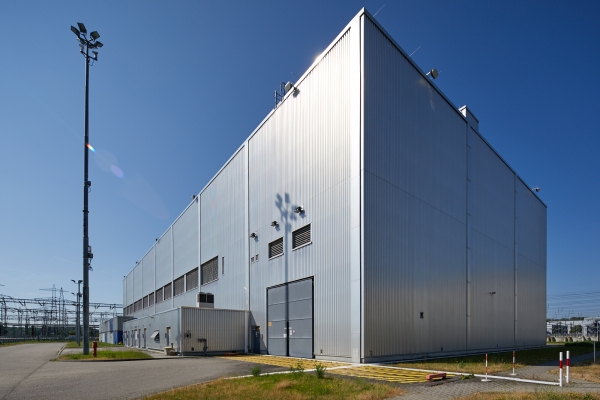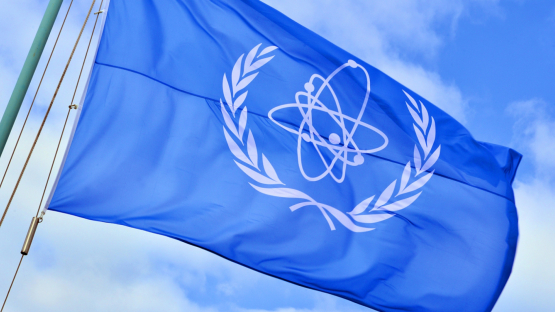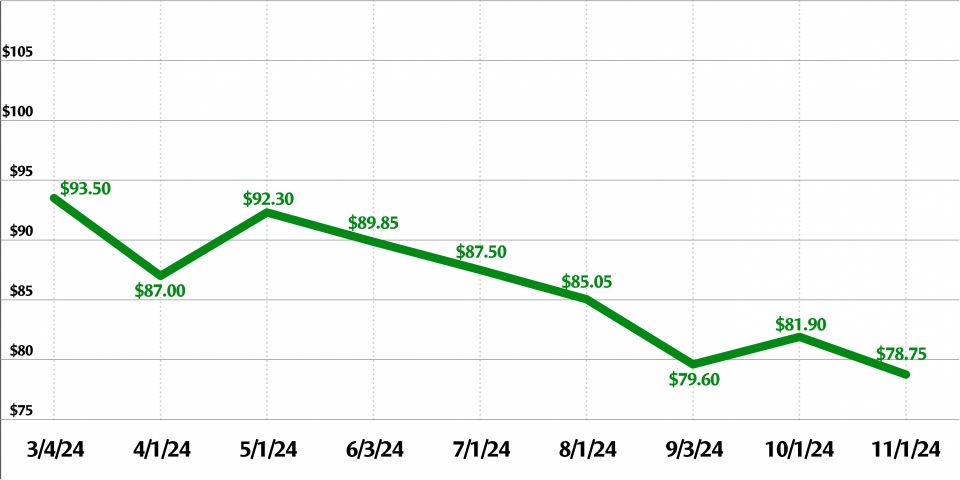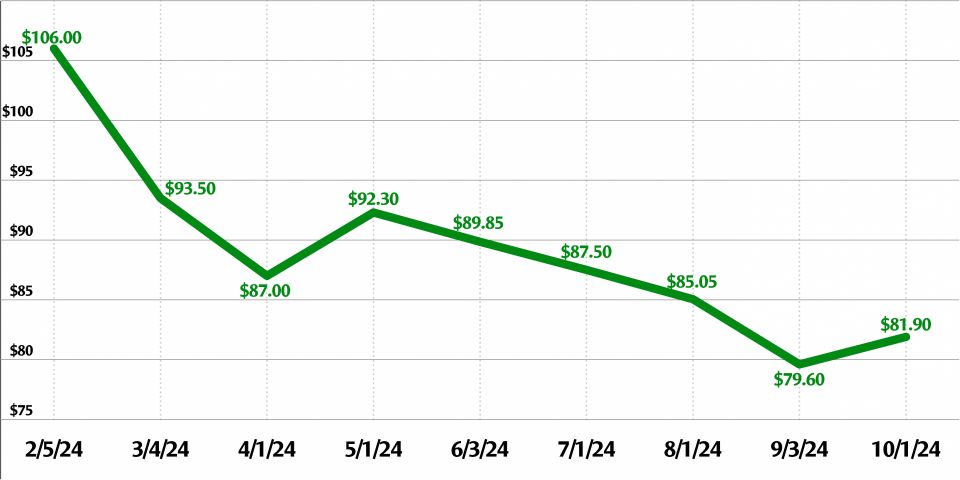Bulletin article focuses on World Nuclear Industry Status Report
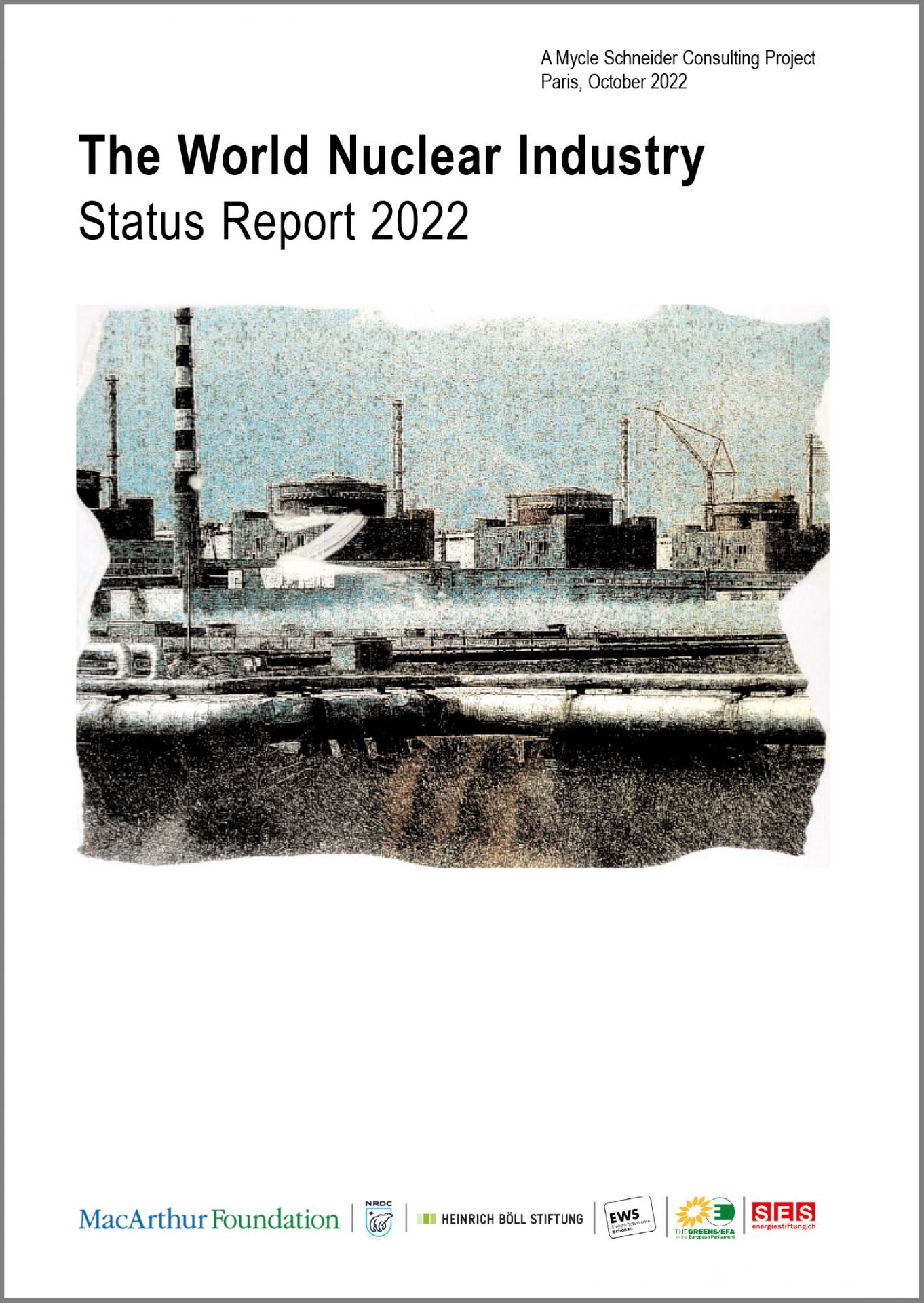 A picture of the state of the global nuclear energy industry has been painted in a recent article by Dawn Stover, a contributing editor at the Bulletin of the Atomic Scientists. Stover based her comments on The World Nuclear Industry Status Report 2022 (WNISR), published on October 5. The report refers to itself as an “independent assessment of nuclear developments in the world” compiled by an international team.
A picture of the state of the global nuclear energy industry has been painted in a recent article by Dawn Stover, a contributing editor at the Bulletin of the Atomic Scientists. Stover based her comments on The World Nuclear Industry Status Report 2022 (WNISR), published on October 5. The report refers to itself as an “independent assessment of nuclear developments in the world” compiled by an international team.
What’s in the WNISR: In the report, 10 countries—China, Finland, France, Germany, India, Japan, South Korea, Taiwan, the United Kingdom, and the United States—receive a focused analysis based on specific issues affecting their nuclear businesses. Other chapters deal with the statuses of Fukushima, decommissioning in general, potential newcomer countries to nuclear power, and small modular reactors. For the first time, the WNISR also contains a chapter on nuclear power and war.



